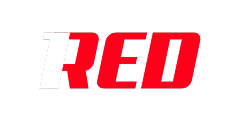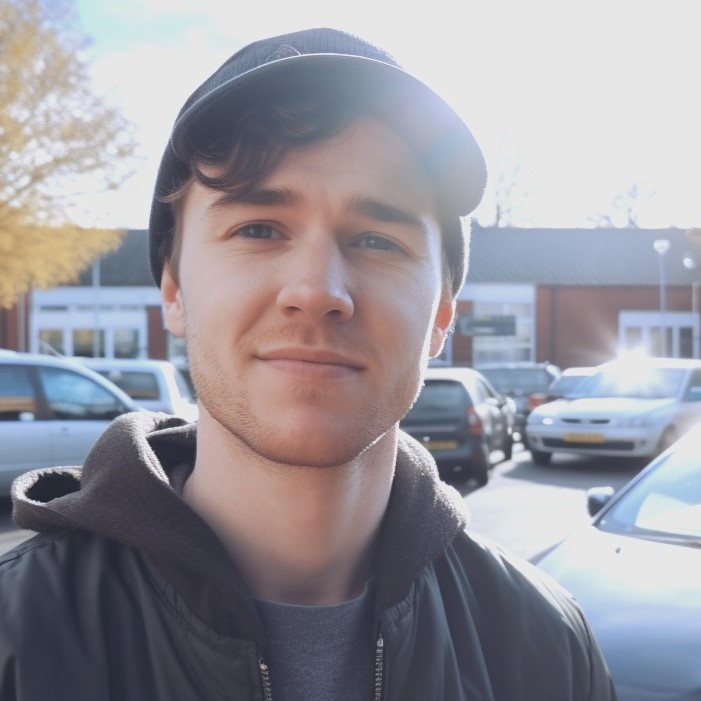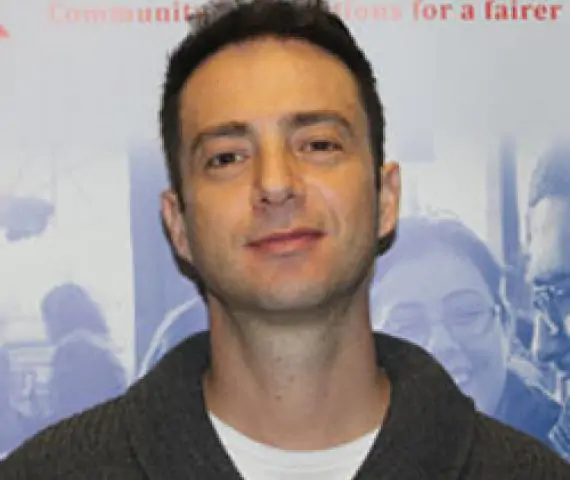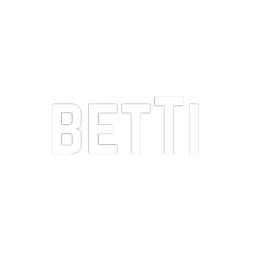Reasons to Play at Non Gamstop Casinos UK
One big reason UK players turn to non-GamStop casinos is to avoid UKGC restrictions. However, there are plenty of other benefits to using these casinos, which we’ll explain below.
01
Higher Withdrawal Limits
Non-GamStop casinos give players more games to choose from and more ways to pay. They also have higher withdrawal limits, letting you take out bigger winnings, which is important for many players.
02
International Tournaments
Most non-GamStop casinos have lots of games and let players join exciting international tournaments. They team up with software providers to run tournaments with big prizes, making the games more competitive and fun.
A VPN helps you stay private online and is very useful for reaching top non-GamStop casinos. It lets you pick a country where certain sites are allowed, so you can play without limits!
Many UK players look for big wins when playing casino games because they bring great prizes and make you feel good. Non-GamStop casinos are a great choice for this, as they have games with high payouts and high RTP, perfect for players who like to bet big.
Types of Non GamStop UK Casinos
01
European Non GamStop Casinos
Respected
European casinos not on GamStop are casinos that work under European regulation measures. For example, the most popular licenses are Anjouan, GRA or MGA. They are widely known for their security measures and regulations towards fair play, which will let you have a more fair and safe playtime no matter which games you select. Also,
Irish casinos not on GamStop are part of EU casinos that accept UK players.
02
Cryptocurrency Casinos
This type of non GamStop casinos specialize in operating around cryptocurrencies. The main variety of payment methods include cryptocurrencies like Bitcoin, Ethereum, Tron, USDT and others. Not only that, but the games revolve around cryptocurrencies as well, with lower minimum bet amounts.
03
New Non GamStop Casinos
The casino industry is growing rapidly, and every year, brand new gambling sites appear outside of the UK. These non GamStop casinos offer you a fully new functionality and the freshest of games for you to enjoy, as well as exclusive bonuses that you’ve never seen before.
04
Mobile Non GamStop Casinos
Non-GamStop casinos pay a lot of attention to mobile gaming, making them great for players who like to play while traveling. Their websites are designed to work well on phones, and many of them also have apps for easier and faster use.
By stepping outside the bounds of UK licensing,
non UK casinos can offer a more flexible and rewarding gaming experience. Players gain access to larger bonuses, broader payment options, including cryptocurrency transactions, and a more diverse range of games.
06
No ID Verification Gambling Sites
Online casinos or
no verification betting sites are digital platforms where users can engage in betting and gambling without needing to verify their identity through documents. These sites cater to individuals who value their privacy and wish to keep their betting activities anonymous.
Payment Methods at Casinos Non GamStop
Reliable payment methods are essential for players using non-GamStop casinos. While some newer payment methods aren’t available in the UK, these casinos offer a variety of options you can use for both deposits and withdrawals.
Credit/Debit Cards
At non-GamStop casinos outside the UK, Visa, MasterCard, and Maestro are the top choices for payments. Many players like using credit cards at
UK casinos that accept credit cards because UKGC casinos don’t allow them, so they’re special to these sites. Deposits with credit cards are fast and have no extra fees, while withdrawals can take about 3 days to complete.
e-Wallets
Non-GamStop casinos often accept e-wallets such as
PayPal, Neteller, and Skrill because they are quick and easy to use. You can usually get your winnings in less than 24 hours with these options. They are great for players who want secure and clear payments. However, some casinos don’t allow bonus claims if you use e-wallets to make deposits.
Cryptocurrencies
Many casino players now choose
Bitcoin, Ethereum, USDT, and Tron because these payment options keep their identity private. Deposits are very fast, and withdrawals usually take just a few minutes or hours. One big reason UK players like cryptocurrencies is that banks and governments can’t track them, making them feel more secure.
Bank Transfers
Bank transfers are a classic way to deposit and withdraw money at non-GamStop casinos, and almost all casinos accept them. They are very safe, but fewer people use them now because it can take up to 5 days to process. Still, bank transfers are great for big payments since there are usually
no tight limits.
Voucher Cards
At non-GamStop casinos, voucher cards such as
Paysafecard are a popular way to deposit money. Players can purchase a card, enter the code, and fund their account without sharing any bank information. This method is secure and simple, but it’s only available for deposits, as withdrawals cannot be processed with voucher cards.
Non-GamStop casinos are famous for offering bigger rewards and more flexible bonus terms than UKGC-regulated sites. Their bonuses help new players win with less risk and give experienced players a chance to try new strategies. These promotions can improve your gameplay and increase your chances of winning.
Welcome Bonuses
At non-GamStop casinos, welcome bonuses are very popular among UK players. These bonuses often double or triple your first deposit, like a 100% bonus up to £500 or even more. Some casinos also add free spins to the deposit bonus, making it an easy way to begin playing and increasing your chances of winning.
Deposit Bonuses
Deposit bonuses are based on how much money you add to your account. For instance, depositing £50 with a 50% bonus will give you £75 to play with. Some casinos offer these bonuses on specific days of the week, and others even have different bonuses for each day.
Cashback
At non-GamStop casinos, cashback lets you recover part of the money you lose while playing. Many casinos outside the UK give around 10–15% cashback, or even more. Some offer it daily, but most provide cashback weekly or monthly.
Free Spins
Players at non-GamStop casinos love free spins because they let you play slots without risking your money. You might get 50 free spins after making a deposit, or they could be included in a welcome bonus. Some no deposit non GamStop casinos also give free spins as a separate reward.
VIP Program
Many non-GamStop casinos have VIP or loyalty programs with great rewards for loyal players. As you play more and reach higher levels, the rewards get better. You might get things like a personal manager, exclusive event access, custom bonuses, or improved odds.
Popular Games at Non Gamstop Casinos
Non-GamStop casinos focus on giving players access to many trusted games. They have games in different genres with simple rules, making them easy to enjoy. These sites are great for having fun and give players the chance to win big.
Slots are a big part of non-GamStop casinos, offering exciting gameplay with various reels, mechanics, and graphics. Popular games like
Book of Dead,
Starburst, and
Gonzo’s Quest are loved by many players. These slots often include bonuses like free spins, multipliers, and bonus rounds. With high RTP rates and medium to high volatility, they provide great chances to win without too much risk.
At non-GamStop casinos, table games are a timeless option for players. You can enjoy games like
blackjack,
poker,
roulette, and baccarat, each offering different formats. For example, poker fans can try Texas Hold’em, while roulette lovers can choose between American or European versions, giving plenty of ways to play.
Crash games are a recent addition to non-GamStop casinos and have become very popular. The idea is simple: place your bet, watch the multiplier rise, and cash out before the round stops. Games like Aviator and Plinko are well-known for being easy to play and offering big rewards. Their simplicity and high win potential make them a favourite for many players
Jackpot games are perfect for players who want to win big. Non-GamStop casinos offer table games with fixed bets and progressive jackpot slots. Games like Mega Moolah and Divine Fortune are very popular because their prize pools keep growing, giving everyone the chance to win a huge reward.
Live casino games bring the real-life feel of non-GamStop casinos straight to you. You can chat with other players and interact with professional dealers hosting the games. Classics like blackjack, roulette, and baccarat are available, along with unique options such as Crazy Time and Dream Catcher.
Licenses at Non GamStop Casinos UK
When picking a non-GamStop casino, it’s important to look not only at the games they offer, but also check their license and regulations. A reliable non-GamStop casino should be fully licensed and operate legally. Some of the best licensing options to look for include those from trusted authorities.
This license is one of the most common among non-GamStop casinos. Its affordability and accessibility make it a popular choice for online casinos, while still providing a high level of legality. Casinos with
Curacao license offer thousands of games and follow strict fair play rules, making them a great option for players who prioritise safety.
02
Malta Gaming Authority
Trusted
non-GamStop casinos with MGA license, issued by the Malta Gaming Authority, stand out for their strong focus on player safety. The MGA ensures that games are fair and transactions are secure. Players can rely on transparency and quick resolution of any issues, thanks to the high standards set by this regulator.
Compared to other licenses, the Anjouan license is relatively new but still reliable. Non-GamStop casinos with this license provide a wide selection of games, generous bonuses, and convenient payment options. While the regulation allows providers more flexibility, it’s important for players to carefully choose casinos with this license to ensure safety and quality.
Responsible gambling is an important factor for British players at non-GamStop casinos. Managing your habits helps avoid financial issues, and there are tools available to limit access to gambling sites, making it easier to control your time and budget effectively.
BetBlocker
BetBlocker is a free and reliable tool for use with non-GamStop casinos. It doesn’t require registration and works on all major operating systems, including Windows, Android, and iOS. With BetBlocker, you can set personal time limits for gambling. However, it’s most effective when used responsibly.
GamBlock
GamBlock is well-known software for gamblers who use online casinos. It can block access to gambling sites, helping to prevent overplaying. However, it does have some minor downsides, such as potentially slowing down your device. Despite this, GamBlock is a great choice for players looking to avoid the risks of addictive gambling.
NetNanny
NetNanny was originally designed to protect children from inappropriate content, but it can also block access to gambling sites. You can customise the filters to restrict specific sites or certain pages, making it a powerful tool for anyone looking to limit their use of gambling platforms.
How to Register and Start Playing at Non GamStop Casinos
Completing the registration process is a requirement at all gambling sites if you want to use casinos and play for real money. Most of these casinos actually provide really easy sign up, which you will be able to complete with the next steps.
Open the Sign Up Box:
First of all, you are required to visit the casino you want to use, and press the registration button, which will open the sign up box.
Next, you will need to provide some information for a successful registration. Depending on the casino you select, you may need to provide your email, phone number, first and last name, address or currency.
While signing up for an account, you can also use promo codes which will work like an additional bonus for registration. If you have one, enter the promo code in the respective column of the registration box.
Agree with the Terms and Conditions:
Once all the data is presented, all that is left for you to do is to learn the Terms and Conditions and agree with them, then confirm registration and make your first deposit to be able to start playing.




























